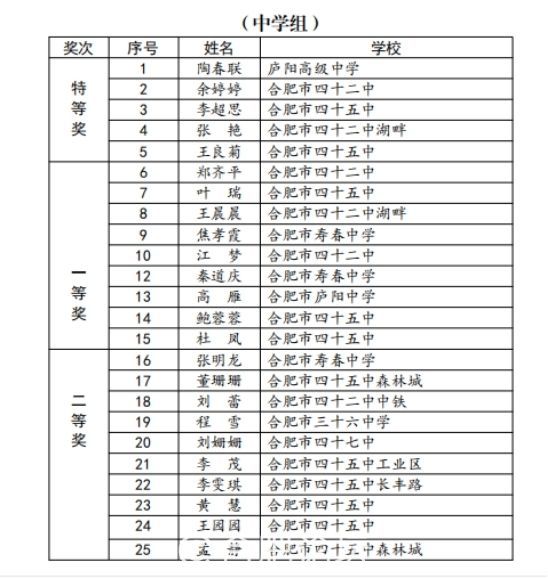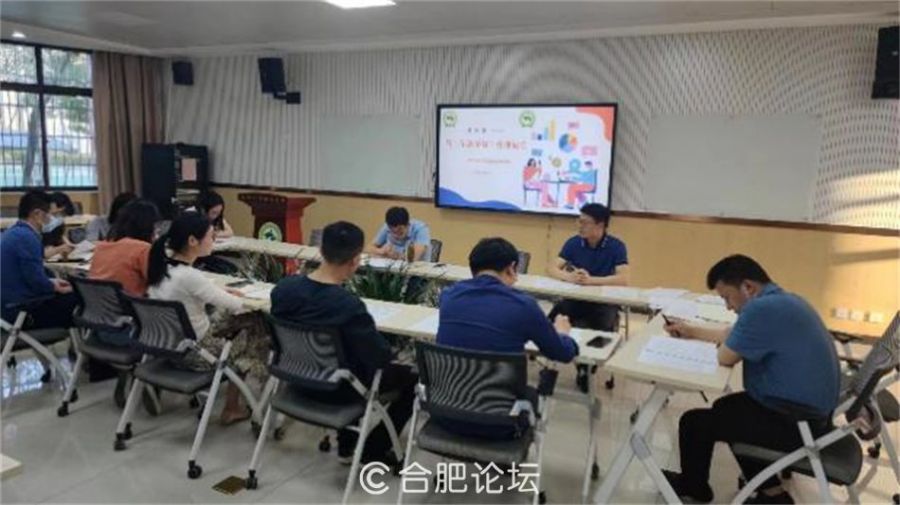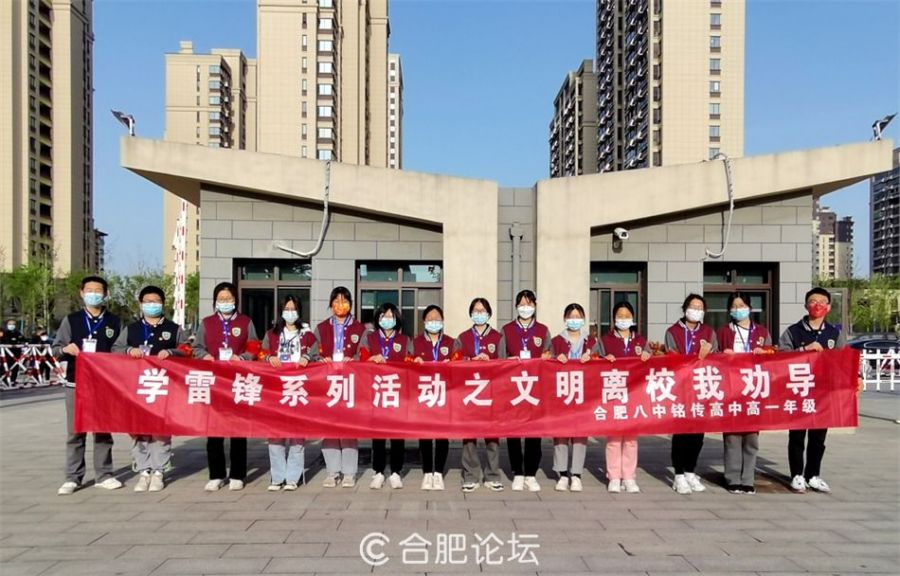Rethinking the consequences of U.S. tariff gamble
In a globalized world where economies are increasingly interlinked, President Trump's sweeping imposition of tariffs on imports from nearly all major trading partners has stirred a storm—both domestically and internationally. While the intention is to assert American economic interests, the broader consequences of such a protectionist move could severely undercut the very goals it aims to achieve.。
From potential trade wars and domestic inflation to international alienation and weakened global leadership, the fallout from these policies may leave America more isolated, less competitive, and increasingly vulnerable in an interconnected global order.。

Tariffs in theory vs. reality。

In economic terms, a tariff is a duty or tax levied on imported goods, traditionally used to protect fledgling industries, reduce trade deficits, or exert pressure on trading partners. Historically, countries like the U.S. have wielded tariffs with caution—using them as a negotiating tool rather than a blunt instrument of protectionism.。

But today's context is different. The U.S. is no longer a manufacturing-heavy economy. Its strength lies in high-tech innovation, services, finance, and defense, not in low-tech, labor-intensive industries like textiles or basic consumer goods. Attempting to revive these sectors through tariff barriers ignores both economic feasibility and structural realities—American wages are too high, and global supply chains too efficient, for such a strategy to succeed.。
A unilateral decision with limited consensus。
Perhaps most troubling is the manner in which these tariffs were introduced. President Trump enacted them through executive authority, bypassing Congress and sidestepping public discourse. Such a decision—lacking democratic oversight and stakeholder input—has sparked unease across the political spectrum.。
Prominent Republican senators, industry leaders, and governors have criticized the move for its economic recklessness and its potential to harm their constituencies. Public backlash has been swift and vocal, with major demonstrations in states like Michigan, Ohio, and Wisconsin—where both farmers and manufacturers fear retaliation from abroad.。
Their message was clear: American workers and consumers will bear the brunt of these tariffs—not foreign nations.。
Who really pays for tariffs?
Despite political rhetoric, tariffs are not paid by foreign exporters. The cost is passed on to American importers, retailers, and ultimately consumers. Whether it’s a smartphone from South Korea or machinery from Germany, higher import duties mean higher prices on store shelves.。
A recent analysis by the U.S. Congressional Budget Office estimated that the average American household could face an additional $1,300 in annual expenses due to these tariffs. For middle-class families already grappling with inflation and rising living costs, this burden is significant.。
Moreover, small businesses—which form the backbone of the U.S. economy—are disproportionately affected. Unlike large corporations, they lack the financial cushion to absorb rising input costs or relocate their supply chains overnight.。
Global reaction: Allies alarmed, rivals energized。
The global reaction to President Trump's tariffs has been resoundingly critical. Traditional U.S. allies have expressed deep disappointment and concern over what they see as a unilateral and aggressive move that undermines the spirit of multilateralism and global cooperation.。
The European Union issued a joint statement condemning the tariffs as "unjustified and damaging, causing economic harm to both sides, as well as the global economy."。
Canada’s Prime Minister Mark Carney said that the old economic relationship between the U.S. and Canada is “over,” vowing that Ottawa will respond “forcefully.”。
The Chinese government strongly condemns and firmly opposes U.S. abuse of tariffs.。
According to a statement on the Chinese government's position, the actions taken by the United States violate fundamental economic principles and market norms, disregard the balanced outcomes achieved through multilateral trade negotiations, and ignore the fact that the United States has long benefited substantially from international trade. Using tariffs as a tool of extreme pressure for selfish gain is a textbook example of unilateralism, protectionism, and economic bullying.。
Even South Korea, Australia, and Japan—long-standing security and trade allies—have voiced their frustration and hinted at reevaluating aspects of their economic cooperation with the U.S.。
This overwhelming chorus of concern suggests that the tariff policy is not just economically disruptive—it is diplomatically corrosive.。
Global retaliation: A domino effect。
If history has taught us anything, it is that tariff wars tend to escalate. In response to U.S. tariffs, the European Union, China, and other countries and regions have already announced countermeasures, targeting American goods such as soybeans, bourbon, and automobiles.。
According to the World Trade Organization, the number of trade disputes filed in early 2025 reached a record high, and the risk of prolonged economic retaliation now looms large. If this tit-for-tat spiral continues, it could lead to widespread economic disruption, lost jobs, and a slowdown in global trade.。
The World Bank warned that U.S. across-the-board tariffs of 10% could reduce already lackluster global economic growth of 2.7% in 2025 by 0.3 percentage point if America's trading partners retaliate with tariffs of their own. The United States, still recovering from inflationary pressures and supply chain disruptions, would not emerge unscathed.。
Undermining U.S. alliances and global influence。
Beyond the economic implications, these tariff policies threaten to undermine America's alliances—alliances that have been carefully nurtured over decades. Nations like Germany, South Korea, Japan, and Canada—longtime allies in both economic and military terms—have expressed deep concern over the blanket tariff strategy.。
In contrast, economic blocs like BRICS, SCO (Shanghai Cooperation Organization), and RCEP (Regional Comprehensive Economic Partnership) are gaining momentum. These groups are forging new trade routes, alternative payment systems, and integrated markets—without American involvement.。
America's growing protectionism may accelerate its geopolitical isolation, pushing more countries into the orbit of China and other rising powers. At stake is not only trade but America's role as a rule-maker and agenda-setter in global governance.。
Rethinking the path forward。
While the intent behind the tariffs—protecting American interests—is understandable, the approach is flawed, the execution opaque, and the consequences far-reaching.。
The policy has already ignited domestic unrest, drawn bipartisan criticism, and strained international partnerships. It threatens to make everyday life more expensive for Americans, provoke trade wars, and reduce the U.S.'s global relevance.。
Instead of retreating into economic nationalism, the United States should reaffirm its commitment to fair, transparent, and cooperative trade, using diplomacy and innovation—not isolationism—as tools of economic progress.。
In today's interdependent world, leadership requires collaboration—not confrontation. America must choose wisely.。
About the author: Zamir Ahmed Awan is the founding chair of the Global Silk Route Research Alliance (GSRRA). He is a sinologist and former diplomat. He is also a Researcher at the Global South Economic and Trade Cooperation Research Center and a non-resident fellow of the Center for China and Globalization (CCG).。
(责任编辑:时尚)
-
 4月11日,艺人赵丽颖 更新微博,晒了mini版向阳花,还晒了一张参与活动的造型图,有网友关注到赵丽颖的肌肉线条帅得很“杰出”。据悉,由冯小刚导演、赵丽颖等主演的电影《向阳花》正在热映,“豁出去,活下
...[详细]
4月11日,艺人赵丽颖 更新微博,晒了mini版向阳花,还晒了一张参与活动的造型图,有网友关注到赵丽颖的肌肉线条帅得很“杰出”。据悉,由冯小刚导演、赵丽颖等主演的电影《向阳花》正在热映,“豁出去,活下
...[详细]
-
安全人寿安徽分公司以案说险:不合法集资新套路“解债”?圈套!
 近年来,全国多地呈现了以协助“解债”为名,施行不合法集资违法违法新“套路”,安全人寿安徽分公司提示广阔顾客必须进步警觉!典型集资方法。不法分子以向“客户”供给债款债款抵消、保管、整合、化解、什物兑换等
...[详细]
近年来,全国多地呈现了以协助“解债”为名,施行不合法集资违法违法新“套路”,安全人寿安徽分公司提示广阔顾客必须进步警觉!典型集资方法。不法分子以向“客户”供给债款债款抵消、保管、整合、化解、什物兑换等
...[详细]
-
福布斯全球2000强发布 我国安全位列第16位 全球金融企业第7位
 6月8日,美国《福布斯》杂志发布了2023年"全球上市公司2000强"排行榜ForbesTheGlobal2000)。得益于运营收入、赢利、财物规划、市值等各项目标的稳健展开,我国
...[详细]
6月8日,美国《福布斯》杂志发布了2023年"全球上市公司2000强"排行榜ForbesTheGlobal2000)。得益于运营收入、赢利、财物规划、市值等各项目标的稳健展开,我国
...[详细]
-
 上海协作安排是国际覆盖面积最大、人口最多的综合性区域安排,具有丰厚的数据资源和多样化使用场景,加强人工智能范畴协作将为上海协作安排国家展开发明新机遇。5月29日,以“智汇我国 智惠上合”为主题的“我国
...[详细]
上海协作安排是国际覆盖面积最大、人口最多的综合性区域安排,具有丰厚的数据资源和多样化使用场景,加强人工智能范畴协作将为上海协作安排国家展开发明新机遇。5月29日,以“智汇我国 智惠上合”为主题的“我国
...[详细]
-
 中新社北京4月10日电(尹倩芸)当美国再挥关税“乱拳”,冲击全球交易次序,我国仍坚持镇定与定力,系列反制精准决断。曩昔一周,美方不断晋级对华关税。面临这种蛮横霸凌行径,中方9日发布《关于中美经贸关系若
...[详细]
中新社北京4月10日电(尹倩芸)当美国再挥关税“乱拳”,冲击全球交易次序,我国仍坚持镇定与定力,系列反制精准决断。曩昔一周,美方不断晋级对华关税。面临这种蛮横霸凌行径,中方9日发布《关于中美经贸关系若
...[详细]
-
 在刚刚完毕的2023年庐阳区第八届中小学班主任基本功大赛中,合肥市庐阳高级中学高一14)班班主任、政治教师陶春联荣获中学组特等奖。陶春联教师从教15年,一直秉持“让每一位孩子都有人生出彩时机”的育人理
...[详细]
在刚刚完毕的2023年庐阳区第八届中小学班主任基本功大赛中,合肥市庐阳高级中学高一14)班班主任、政治教师陶春联荣获中学组特等奖。陶春联教师从教15年,一直秉持“让每一位孩子都有人生出彩时机”的育人理
...[详细]
-
 新华社北京5月29日电。题:让精力之光照亮立异之路。新华社记者温竞华、王思北。在第九个全国科技工作者日到来之际,29日清晨,带着人类对世界星斗的神往,天问二号勘探器直冲霄汉,敞开我国初次小行星勘探与采
...[详细]
新华社北京5月29日电。题:让精力之光照亮立异之路。新华社记者温竞华、王思北。在第九个全国科技工作者日到来之际,29日清晨,带着人类对世界星斗的神往,天问二号勘探器直冲霄汉,敞开我国初次小行星勘探与采
...[详细]
-
 本届运动会是校园建校以来的第五届,不同于以往简练、高效的活动筹办理念,本届运动会愈加重视活动的立异性。为了激起学生创造构思,训练学生创造才能,深化学生对家园的认知和情感,提高年级团体凝聚力,在校园运动
...[详细]
本届运动会是校园建校以来的第五届,不同于以往简练、高效的活动筹办理念,本届运动会愈加重视活动的立异性。为了激起学生创造构思,训练学生创造才能,深化学生对家园的认知和情感,提高年级团体凝聚力,在校园运动
...[详细]
-
 湖北日报讯 记者曾雅青)近来,省法院举行全省法院实行局局长述职述廉会议,总结2024年实行工作质效,研究部署2025年实行工作重点使命。省法院党组书记、院长游劝荣出席会议并说话。会议指出,实行工作关乎
...[详细]
湖北日报讯 记者曾雅青)近来,省法院举行全省法院实行局局长述职述廉会议,总结2024年实行工作质效,研究部署2025年实行工作重点使命。省法院党组书记、院长游劝荣出席会议并说话。会议指出,实行工作关乎
...[详细]
-
 2022年10月13日,我校高二年级部组织了学生会迎新暨赞誉大会,意图是赞誉优异学生会成员,并活跃支持、鼓舞学生会作业的展开。大会在火热的掌声中开端,主持人陈佳卫同学以沉稳的气宇引导活动进行,各部顺次
...[详细]
2022年10月13日,我校高二年级部组织了学生会迎新暨赞誉大会,意图是赞誉优异学生会成员,并活跃支持、鼓舞学生会作业的展开。大会在火热的掌声中开端,主持人陈佳卫同学以沉稳的气宇引导活动进行,各部顺次
...[详细]

 大冶市应急办理局为企业安全办理“评脉问诊”
大冶市应急办理局为企业安全办理“评脉问诊” 好风凭借力,鹏程九万里——合肥八中铭传高中
好风凭借力,鹏程九万里——合肥八中铭传高中 观赏调查促沟通 携手共进谋发展——合肥八中铭传高中
观赏调查促沟通 携手共进谋发展——合肥八中铭传高中 在同舟共济中守望生长——合肥八中铭传高中
在同舟共济中守望生长——合肥八中铭传高中 Rethinking the consequences of U.S. tariff gamble
Rethinking the consequences of U.S. tariff gamble
